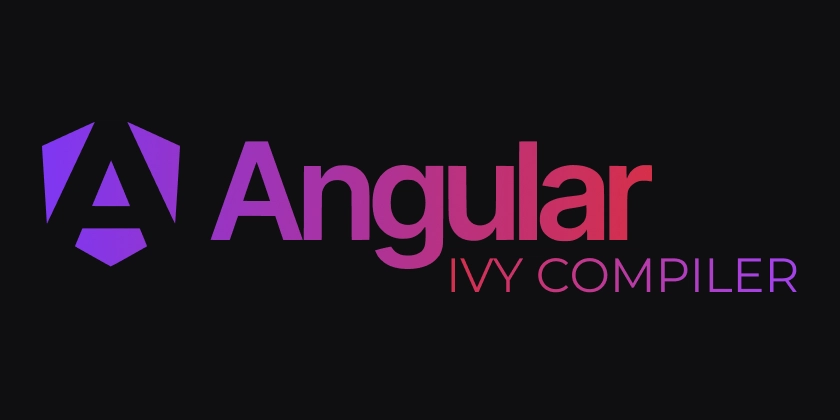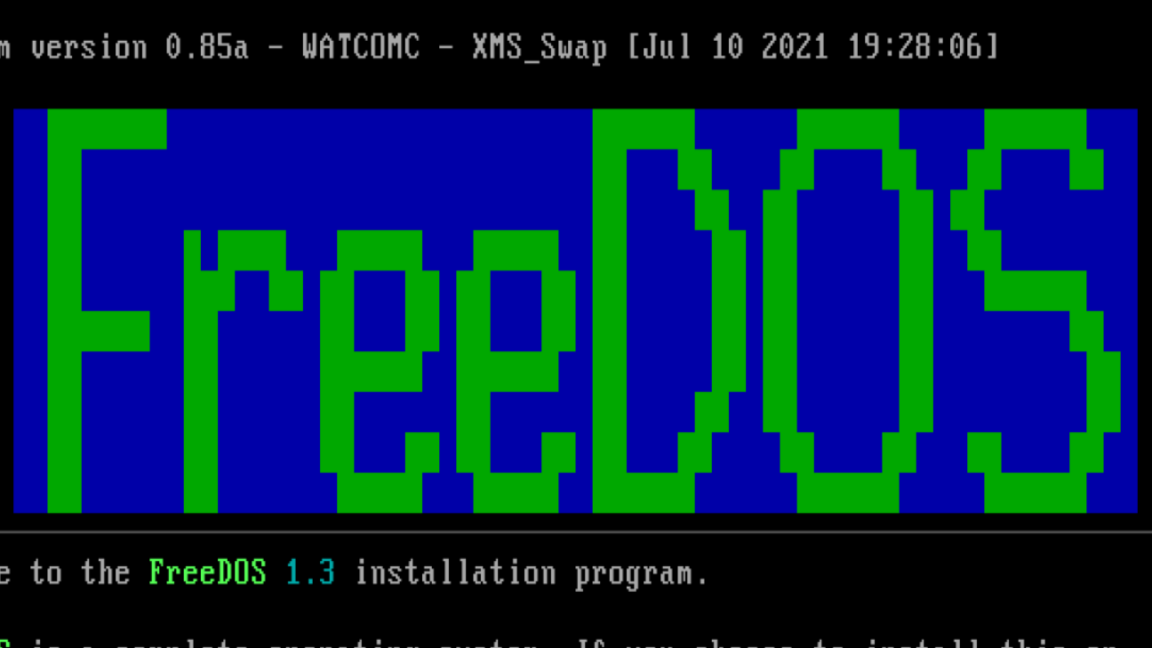Angular Ivy Compiler: Why and How It Improves Performance
Angular's Ivy compiler is the latest rendering engine introduced to significantly enhance application performance, reduce bundle sizes, and improve debugging. Understanding Ivy can help you leverage its full potential in your Angular projects. What is Angular Ivy? Ivy is Angular's modern compilation and rendering pipeline, introduced to replace the older View Engine. It simplifies the internal working of Angular, making the framework faster, smaller, and easier to use. Key Benefits of Ivy Reduced Bundle Sizes: Smaller application bundles resulting in faster load times. Improved Debugging: Easier debugging with clearer error messages and stack traces. Faster Compilation: Incremental and faster builds, significantly improving development workflows. Enhanced Tree Shaking: More efficient elimination of unused code, reducing overall application size. How Does Ivy Improve Performance? Incremental DOM Ivy uses Incremental DOM, which efficiently updates only parts of the DOM that change, greatly enhancing performance, especially for complex or large applications. Locality Principle Ivy compiles components individually and only includes the necessary code for each component, leveraging the locality principle. This results in faster builds and smaller bundles. Improved Tree Shaking Ivy’s improved tree-shaking capabilities allow for better removal of unused parts of Angular libraries and dependencies, keeping your app lightweight and performant. Ivy Compilation Process Angular applications compiled with Ivy undergo the following steps: Template Parsing: Convert HTML templates into render functions. Render Functions: Create instructions for building and updating the DOM. Code Generation: Produce optimized JavaScript bundles containing only necessary instructions. How to Enable Ivy As of Angular 9, Ivy is enabled by default. If upgrading from an older Angular version, update your tsconfig.json: "angularCompilerOptions": { "enableIvy": true } Ivy in Action After enabling Ivy, you'll notice: Significantly smaller initial load size. Quicker build times during development. Enhanced stack traces and error messages. Best Practices Ensure your libraries and dependencies are Ivy-compatible. Regularly update Angular to leverage ongoing Ivy improvements. Monitor application bundle sizes to take full advantage of Ivy’s optimizations. Conclusion Angular Ivy is a powerful advancement, significantly improving performance and developer experience. Embracing Ivy will help you build faster, smaller, and easier-to-maintain Angular applications. Have you seen noticeable performance improvements with Ivy in your Angular projects? Share your experiences below!

Angular's Ivy compiler is the latest rendering engine introduced to significantly enhance application performance, reduce bundle sizes, and improve debugging. Understanding Ivy can help you leverage its full potential in your Angular projects.
What is Angular Ivy?
Ivy is Angular's modern compilation and rendering pipeline, introduced to replace the older View Engine. It simplifies the internal working of Angular, making the framework faster, smaller, and easier to use.
Key Benefits of Ivy
- Reduced Bundle Sizes: Smaller application bundles resulting in faster load times.
- Improved Debugging: Easier debugging with clearer error messages and stack traces.
- Faster Compilation: Incremental and faster builds, significantly improving development workflows.
- Enhanced Tree Shaking: More efficient elimination of unused code, reducing overall application size.
How Does Ivy Improve Performance?
Incremental DOM
Ivy uses Incremental DOM, which efficiently updates only parts of the DOM that change, greatly enhancing performance, especially for complex or large applications.
Locality Principle
Ivy compiles components individually and only includes the necessary code for each component, leveraging the locality principle. This results in faster builds and smaller bundles.
Improved Tree Shaking
Ivy’s improved tree-shaking capabilities allow for better removal of unused parts of Angular libraries and dependencies, keeping your app lightweight and performant.
Ivy Compilation Process
Angular applications compiled with Ivy undergo the following steps:
- Template Parsing: Convert HTML templates into render functions.
- Render Functions: Create instructions for building and updating the DOM.
- Code Generation: Produce optimized JavaScript bundles containing only necessary instructions.
How to Enable Ivy
As of Angular 9, Ivy is enabled by default. If upgrading from an older Angular version, update your tsconfig.json:
"angularCompilerOptions": {
"enableIvy": true
}
Ivy in Action
After enabling Ivy, you'll notice:
- Significantly smaller initial load size.
- Quicker build times during development.
- Enhanced stack traces and error messages.
Best Practices
- Ensure your libraries and dependencies are Ivy-compatible.
- Regularly update Angular to leverage ongoing Ivy improvements.
- Monitor application bundle sizes to take full advantage of Ivy’s optimizations.
Conclusion
Angular Ivy is a powerful advancement, significantly improving performance and developer experience. Embracing Ivy will help you build faster, smaller, and easier-to-maintain Angular applications.
Have you seen noticeable performance improvements with Ivy in your Angular projects? Share your experiences below!









































































































































































![[The AI Show Episode 142]: ChatGPT’s New Image Generator, Studio Ghibli Craze and Backlash, Gemini 2.5, OpenAI Academy, 4o Updates, Vibe Marketing & xAI Acquires X](https://www.marketingaiinstitute.com/hubfs/ep%20142%20cover.png)






























































































































![From drop-out to software architect with Jason Lengstorf [Podcast #167]](https://cdn.hashnode.com/res/hashnode/image/upload/v1743796461357/f3d19cd7-e6f5-4d7c-8bfc-eb974bc8da68.png?#)









































































































.png?#)






(1).jpg?width=1920&height=1920&fit=bounds&quality=80&format=jpg&auto=webp#)




























_NicoElNino_Alamy.png?#)
.webp?#)
.webp?#)







































































































![Apple to Source More iPhones From India to Offset China Tariff Costs [Report]](https://www.iclarified.com/images/news/96954/96954/96954-640.jpg)
![Blackmagic Design Unveils DaVinci Resolve 20 With Over 100 New Features and AI Tools [Video]](https://www.iclarified.com/images/news/96951/96951/96951-640.jpg)































































































































